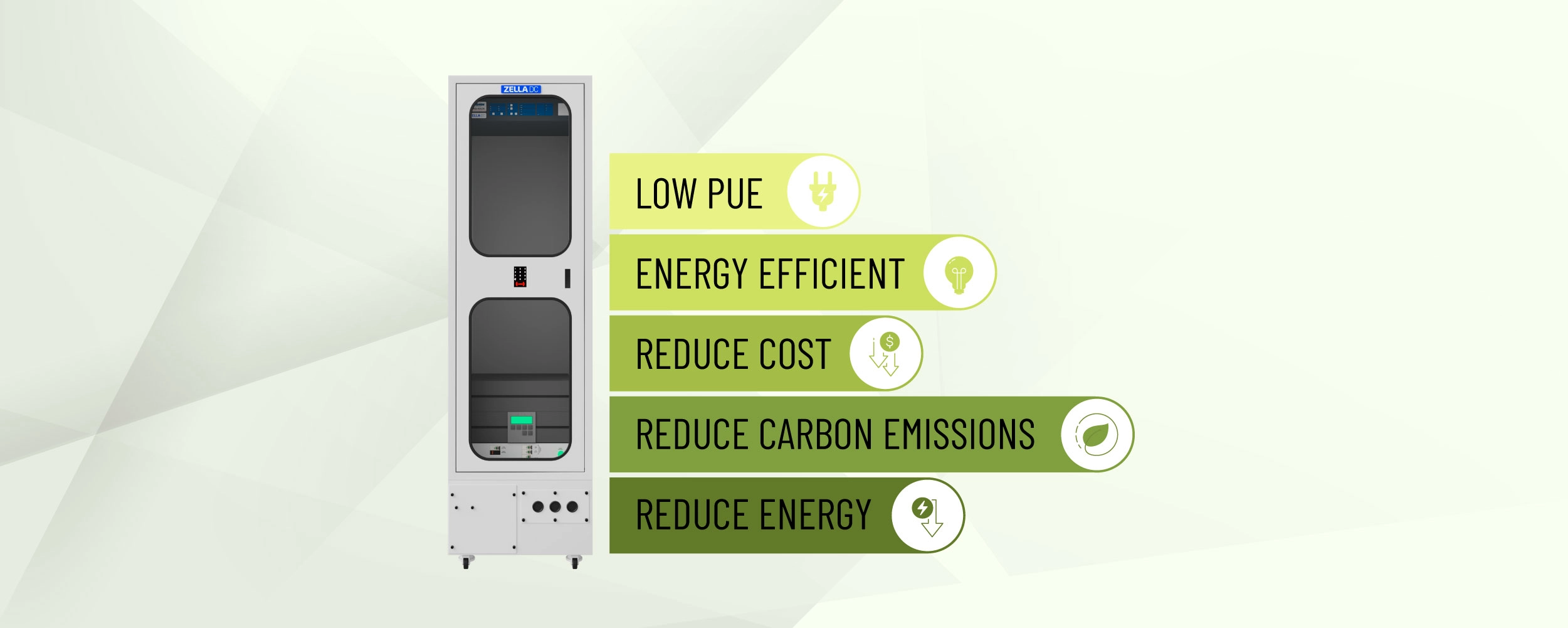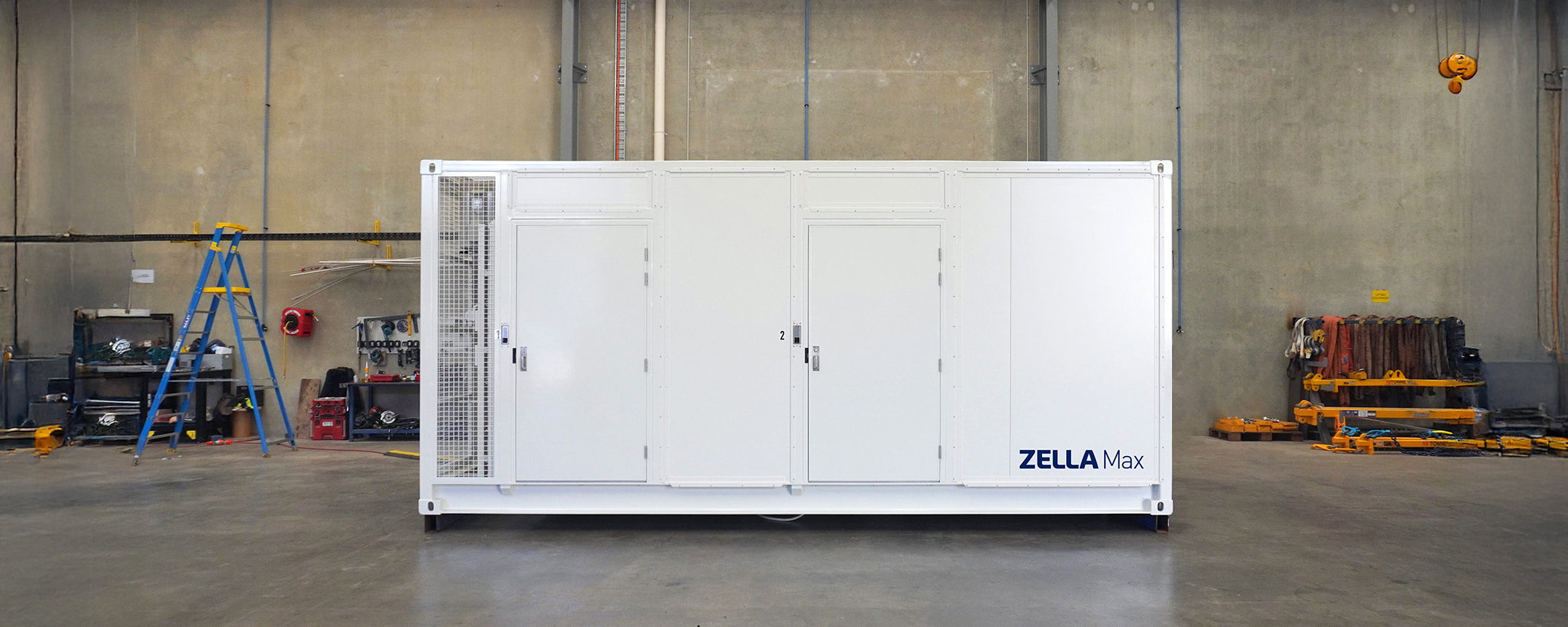In recent years, the rise of edge computing has been transforming the way we handle data. This approach to computing involves processing data closer to its source, rather than sending it to a central data centre. One of the key technologies enabling edge computing is the micro data centre. In this blog post, we’ll explore how micro data centres can help organisations achieve their sustainability goals while still taking advantage of the power of edge computing.
A micro data centre is a small-scale version of a traditional data centre. It includes all of the same components, such as servers, storage, and networking equipment, but is designed to be deployed in a smaller space. Micro data centres can be placed closer to the edge of a network, allowing for faster data processing and reduced latency.
Edge computing offers several advantages over traditional centralised computing models. For example, it allows for real-time data processing and analysis, which can be critical in applications like autonomous vehicles or industrial automation. It can also reduce the amount of data that needs to be transmitted across a network, which can save on bandwidth costs and reduce network congestion.
According to a report by the International Energy Agency, data centres currently consume around 1% of the world’s electricity and are responsible for about 0.3% of global carbon emissions. However, as the use of digital technologies continues to grow, these numbers are expected to rise. Edge computing can help address these issues by reducing the need for large, centralised data centres, which consume significant amounts of energy for cooling and other infrastructure. In fact, a study by Schneider Electric found that edge computing can reduce carbon emissions by up to 60% compared to traditional data centres.
The sustainability benefits of micro data centres
Micro data centres can also offer significant sustainability benefits. By placing computing resources closer to the source of data, less energy is needed to transmit that data across a network. This can result in significant energy savings, as well as reduced carbon emissions from the energy needed to power and cool data centres. In addition, micro data centres are often designed to be highly efficient, with advanced cooling and power management technologies that reduce energy consumption.
All our products are designed with energy efficiency in mind. They use advanced cooling and power management technologies to minimise energy consumption and reduce the carbon footprint of data processing. With a Power Usage Effectiveness (PUE) as low as 1.2, Zella DC’s micro data centres are among the most energy-efficient data centres available today. This not only reduces operating costs for organisations but also helps address sustainability issues by reducing energy consumption and greenhouse gas emissions.
Zella DC’s micro data centres are an excellent choice for organisations that want to take advantage of the benefits of edge computing while minimising their environmental impact.
Micro data centres are a key enabling technology for edge computing, offering numerous benefits over traditional centralised computing models. In addition to the performance advantages of edge computing, micro data centres can also help organisations achieve their sustainability goals by reducing energy consumption and carbon emissions. As more organisations look to adopt edge computing, micro data centres will play an increasingly important role in enabling this transformation.
Get in touch if you’re looking for a solution that can help you achieve your sustainability goals while still taking advantage of the power of edge computing.






